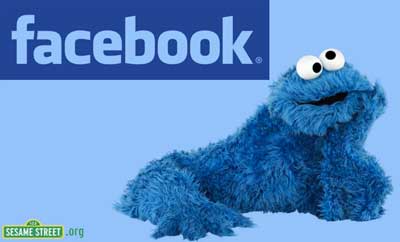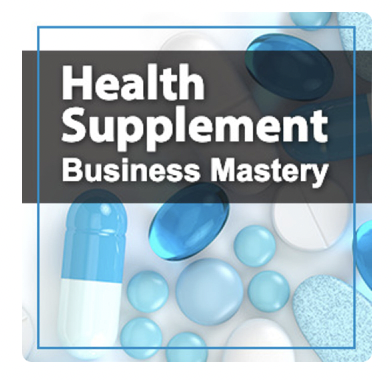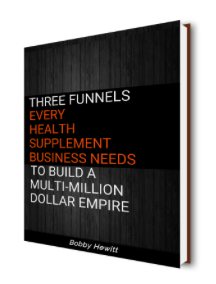The Next Generation of Conversion Optimization
 If successful, Facebook will change the conversion landscape. And it all starts with the re-imagining the cookie.
If successful, Facebook will change the conversion landscape. And it all starts with the re-imagining the cookie.
Cookies have been used by advertisers to anonomously track follow users around the web for years, way before Facebook, to serve up advertising based on the sites you visit.
Facebook, however, is working on something much more targeted.
Facebook knows that most users who log into their Facebook account, forget to log out, and thus they can be tracked around the web based on your Facebook user ID, which is what you also use when you click on “Like” buttons on non Facebook sites.
The difference between cookies and Facebook user IDs, is that cookies are anonymous and your Facebook user ID is not, they know who you are because it’s tied to your profile.
Privacy issues aside here. We could spend hours talking about just that, but I’d rather focus on the impact this has on conversion optimization and selling online.
First off, your Facebook ID follows you from platform to platform (phone, laptop, tablet, desktop) Cookies can’t do that because they are anonymous.
Secondly, because this is actually targeted to you, individually that data can be used to find out who has a higher intent to buy specific items if done correctly.
Facebook will no doubt use this information to serve more Facebook ads, but they are missing the major ramifications for conversion rate optimization here.
The conversion measurement based on intent (the specific page you browsed, home page vs. detail page), repetition (how many times you visited x site) and time (how often you performed these tasks in a set time period) all serve to be a predictive metric of your intent to buy.
The big game changer is that once tracking changes from Cookie based to this new Facebook user ID tracking across stye web, the conversion and commerce industry can use it to have consistent attribution across web, mobile and even multi-browser on the desktop.
Right now the measurement system is not yet adopted that widely, but this is something that I’m watching as the face of conversion optimization continues to change and mature.
What are some things that scare you or excite you about the possibilities here? Please add them to the comments section below and let’s discuss.
Discover the 3 funnels that can help your health supplement business succeed.

Listen to the Health Supplement Business Mastery Podcast for for dietary supplement entrepreneurs and marketers.




This seems like something Google could pull off much more naturally than Facebook. It would be really helpful to have Google Analytics automatically tag pages depending how far down the conversion funnel they are, which could create a standard way of measuring this new data. Facebook’s got a great idea, but I’m not sure they’ve got the infrastructure to pull it off.
Has Facebook made any official announcements about it? Thanks for the post. Really interesting stuff.
Corey,
Tagging pages automatically in Google Analytics down the conversion funnel would be awesome, perhaps if this takes off they might implement that, either way it’s something that would be really useful and needed. There’s great debate over the last attribution model and the last click getting the credit for the sale.